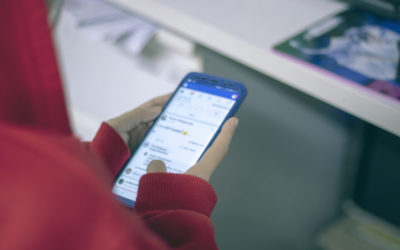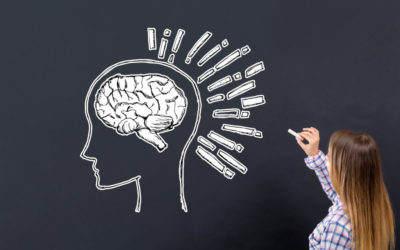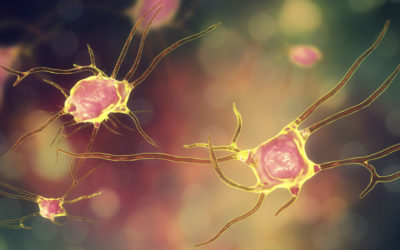Quick Hits
Daily brief research updates from the cognitive sciences

Wouldn’t it be great in the current world if we could inoculate people against misinformation. Sigh! But that will never happen. Wait, you say, it can happen, it is possible, it works! Oh, please tell me more!
Yes, very good news on the misinformation wars.
So, what is this inoculation and how does it work?
Teams of scientists from the University of Cambridge and Bristol behind the Inoculation Science project collaborated with Jigsaw a unit within Google dedicated to tackling threats to open societies.
After conducting seven different experiments with 30’000 participants, they found that viewing a single clip increases awareness of misinformation. The videos introduce concepts from the “misinformation playbook” and includes relatable examples from popular film and TV.
This information is effective for all populations groups and political groupings – simply because most people don’t want to be manipulated. Rather than state opinions the videos are neutral just showing the tricks that are used to manipulate people and this is why they are so effective.
So how can this be spread to the world at large. Well, easily, through YouTube with over 2 billion users worldwide. Google owns YouTube and plans to start a roll out a wave of prebunking programmes in Poland, Slovakia, and the Czech republic targeted at emerging disinformation on Ukrainian refugees.
However, the effect is consistent and large compared to other effects such as brand awareness after advertising, but it is only a 5% increase – nothing to be sniffed at but still a long way to go.
Nevertheless, good news, and I hope they get this rolled out in other areas soon. The world needs more prebunking!

Andy Habermacher
Andy is author of leading brains Review, Neuroleadership, and multiple other books. He has been intensively involved in writing and research into neuroleadership and is considered one of Europe’s leading experts. He is also a well-known public speaker, speaking on the brain and human behaviour.
Andy is also a masters athlete (middle distance running) and competes regularly at international competitions (and holds a few national records in his age category).
Reference
Jon Roozenbeek, Sander van der Linden, Beth Goldberg, Steve Rathje, Stephan Lewandowsky.
Psychological inoculation improves resilience against misinformation on social media.
Science Advances, 2022; 8 (34)
DOI: 10.1126/sciadv.abo6254
More Quick Hits
Think Like a Kid to Learn Better?
Think like a kid may sound like a good piece of advice – but with some interesting twists…
Those Who Distrust Humans, Trust AI
We probably all know someone who is extremely distrustful of fellow human beings…
Watching TV With Your Child Can Help Cognitive Development
This is another study to show that there is no quick and easy answer to the question of screen time and children…
How Fear Gets Stuck in (Some) Brains
Fear is an important human emotion and essential to survival so not to be underestimated…
Your Brain Switches Between Remembering and Learning
Learning and memory are key functions of the brain and ones that attract a lot of attention and research…
How Daily Rhythms Help Your Brain Grow After Injury
Always nice to know that you brain can grow – and it is still met with surprise when I explain how this can happen…






